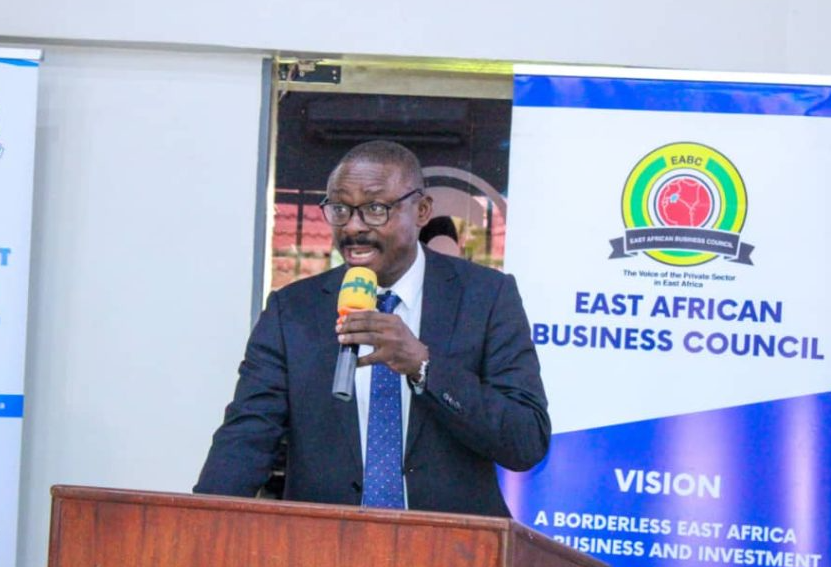

Private sector players from the East African Community have called for political goodwill and public-private partnership to address both non-tariff and tariff barriers hurting trade and investment in the region.
This is on the back of market protectionism by some member states amid tax rules that are seen to lock out some commodities from neighbouring countries.
Led by the East African Business Council (EABC), the region’s private sector wants member states to fully embrace the Common Market Protocol which guarantees free movement of goods, labour, services and capital across EAC partner states—a key pillar of regional cooperation.
“The issue of protectionism has been one of the challenges of our regional integration, but it is an issue which actually needs a political will. If you have decided to integrate, you must also accept ceding some of your sovereignty to the regional integration commitment or aspirations,” EABC acting executive director, Adrian Njau, said.
He spoke in Nairobi yesterday during an EABC CEOs-EAC consultative meeting which also saw the announcement of the East African Business and Investment Summit, and Expo 2025, set for Nairobi between October 16–17.
The summit is themed “promoting private sector-driven regional integration for increased intra-and extra-EAC trade and investment.
Kenya Private Sector Alliance (Kepsa) chairperson who is also the EABC vice chair, Jas Bedi, noted that despite the EAC renewing its integration 25 years ago, intra-EAC trade remains low at less than 15 per cent. For the region to hit its 40 per cent target, member states must work as a team, he noted.
“With the new world trader order, we need to move fast and change how we are trading,” Bedi said.
Kenya’s Cabinet Secretary for EAC Beatrice Askul affirmed the Kenyan government’s commitment to regional integration, which will drive trade, movement of people, investment and wealth creation for the people.
“Kenya is fully aligned with the borderless vision,” Askul said.
In 2024, the intra-EAC trade expanded by 9.35 per cent to $15.2 billion (Sh1.9 trillion) while the EAC’s total trade with the rest of the world increased by 14.17 per cent to $124.9 billion (Sh16.1 trillion).
The statistics show that the share of intra-EAC trade to total trade for 2024 was 10.8 per cent while the share of trade with rest of the world to total trade was 89.2 per cent.
“The low share of intra-EAC trade underscores the urgent need for a stronger private sector that can champion a collective and evidence-based advocacy agenda. By driving the full implementation of the agreed EAC commitments, we can work towards achieving the ambitious target of increasing the share of intra-EAC trade to 40 per cent of total trade by 2030,” Njau said.
Kenya Association of Manufacturers CEO Tobias Alando called on member states to address distortion of Common External Tariffs, address non-tariff and technical barriers to trade and curb counterfeits.
Shippers Council of Eastern Africa CEO Agayo Ogambi said: “For EAC to improve intra- regional trade, they must respect the agreement provisions, devoid of NTBs, improve logistics and transport costs. Improve port efficiencies and border crossings.”













